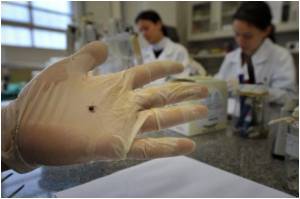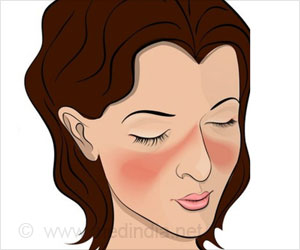Creatine may improve recovery in women battling major depressive disorder, say researchers.

The study means that taking creatine under a doctor's supervision could provide a relatively inexpensive way for women who haven't responded well to SSRI (selective serotonin reuptake inhibitor) antidepressants to improve their treatment outcomes.
"If we can get people to feel better more quickly, they're more likely to stay with treatment and, ultimately, have better outcomes," said Perry F. Renshaw, M.D., Ph.D., M.B.A, USTAR professor of psychiatry at the U of U medical school and senior author on the study.
If these initial study results are borne out by further, larger trials, the benefits of taking creatine could directly affect many Utahns. The depression incidence in Utah is estimated to be 25 percent higher than the rest of the nation, meaning the state has an even larger proportion of people with the disease.
Inside the body creatine is converted into phosphocreatine and stored in muscle. During high-intensity exercise, phosphocreatine is converted into ATP, an important energy source for cells. For this reason, creatine has become a popular supplement among bodybuilders and athletes who are trying to add muscle mass or improve athletic ability.
How creatine works against depression is not precisely known, but Renshaw and his colleagues suggest that the pro-energetic effect of creatine supplementation, including the making of more phosphocreatine, may contribute to the earlier and greater response to antidepressants.
Advertisement
The researchers used three measures to check the severity of depression, with the primary outcomes being measured by the Hamilton Depression Rating Scale (HDRS), a widely accepted test.
Advertisement
Antidepressants typically don't start to work until four to six weeks. But research showed that the sooner an antidepressant begins to work, the better the treatment outcome, and that's why Renshaw and his colleagues are excited about the results of this first study.
"Getting people to feel better faster is the Holy Grail of treating depression," he said.
The study was published in the American Journal of Psychiatry online.
Source-ANI















